
Why does my stomach feel worse after I poop?
I’ll be honest—I used to think pooping was supposed to feel like relief. Like, finally, my body did what it needed to do and I could move on with my day. But then I started noticing something weird. I’d feel worse afterward—bloated, crampy, sometimes even nauseous or lightheaded. And it made no sense to me at first.
Turns out, I’m definitely not alone.
There are a bunch of reasons why your stomach might feel worse after a bowel movement. In some cases, it’s your body reacting to the pressure shift in your intestines. In others, it could be related to IBS, muscle tension, gas pockets, or even something as simple as dehydration.
And if your gut’s already sensitive (like mine has been for years), even a “normal” trip to the bathroom can set off uncomfortable symptoms afterward.
One thing that helped me was understanding the bigger picture. Your digestion is connected to so much more than just what you ate—it’s your nerves, your hydration, your stress level, even your sleep. If you’re dealing with weird post-bathroom issues like I was, TummyCure.com – Unlock the Secrets to Stomach Health is a great starting point. It helped me realize I wasn’t crazy—my gut just needed more support.
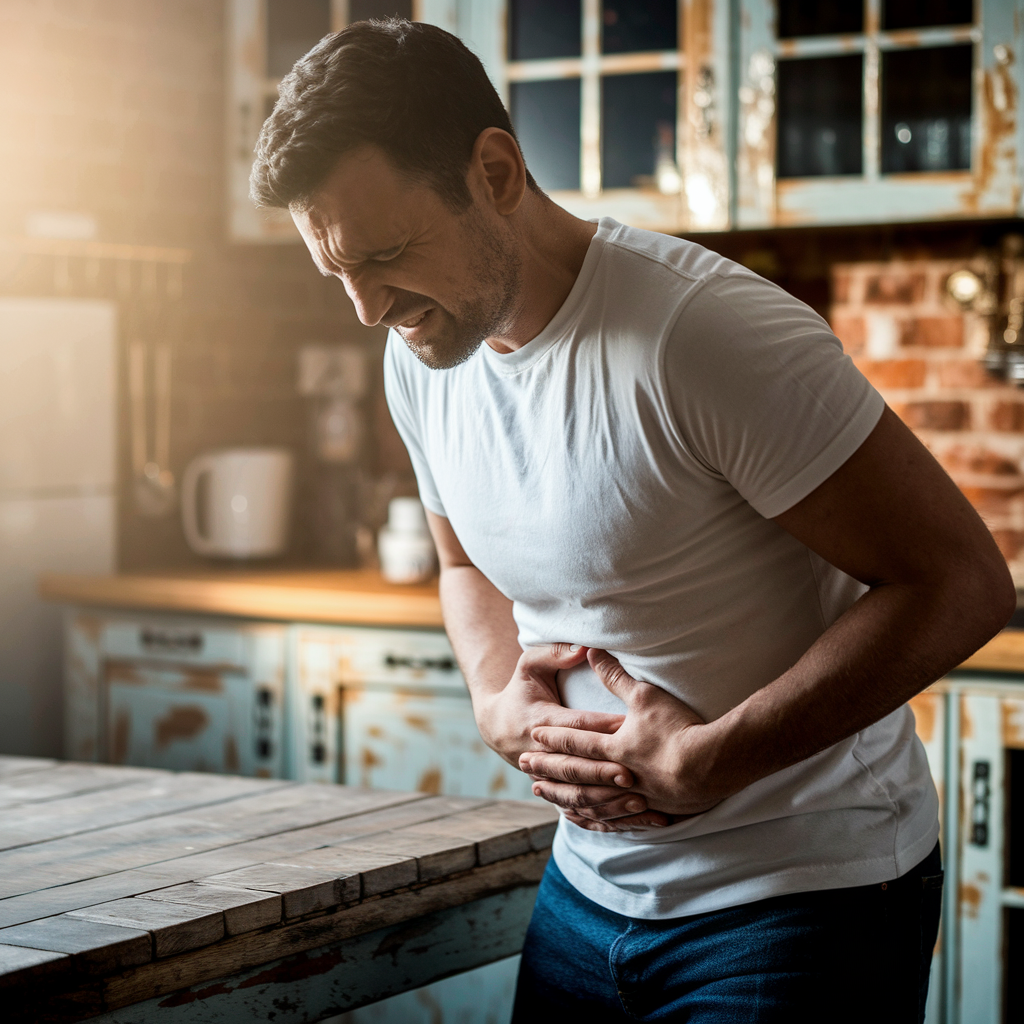
Why do I get stomach cramps after I poop?
Cramping after a bowel movement is shockingly common, but hardly anyone talks about it. For me, it felt like a sudden wave of twisting pain in my lower abdomen—not sharp exactly, just super uncomfortable.
Here are some of the reasons that might be happening:
1. Gas movement
After pooping, trapped gas can shift around in your intestines and cause pressure and cramping, especially in the lower left abdomen.
2. Incomplete emptying
Sometimes your body doesn’t fully clear everything out, which leads to that “ugh, I still don’t feel done” feeling and some mild spasms.
3. Irritable Bowel Syndrome (IBS)
IBS can cause your gut to be hypersensitive, so even a normal bowel movement can leave you feeling sore or crampy for a while afterward.
4. Rectal tension or strain
If you pushed too hard (it happens), your muscles might be tight or inflamed afterward, especially around the pelvic floor and lower abdomen.
If your pain is usually down low or off to one side, Lower Left Abdominal Pain: Causes, Symptoms, and When to Worrymight help you figure out what’s going on. I found that article super helpful when trying to connect my symptoms with what was actually happening in my body.
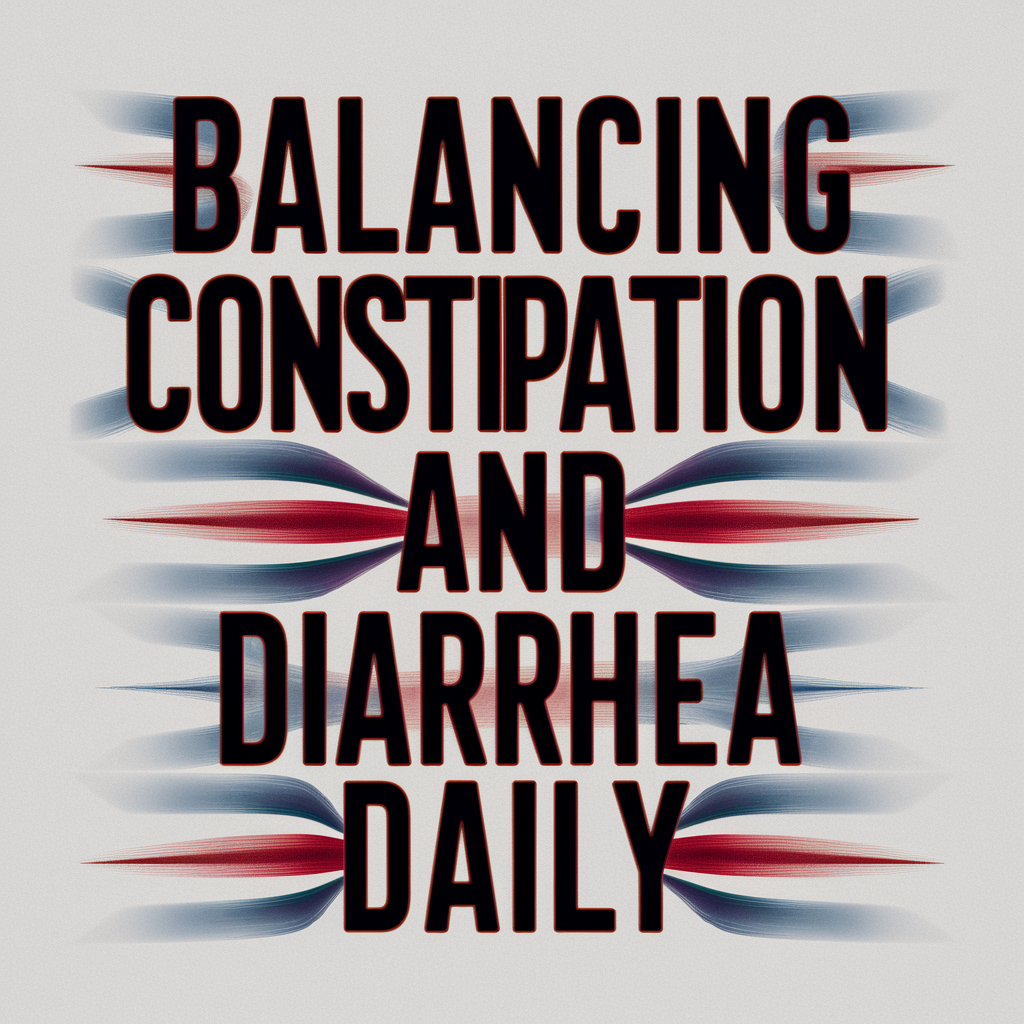
Is it normal to feel nauseous or dizzy after pooping?
I remember the first time it happened—I stood up after pooping and suddenly felt lightheaded and a little queasy. It was weird and honestly kind of scary. But after doing some digging (and talking to a doctor), I learned that it’s more common than I thought.
A few reasons this can happen:
- Vagus nerve stimulation
When you poop—especially if you strain—it can stimulate the vagus nerve, which helps regulate heart rate and digestion. Overstimulation can lead to nausea, dizziness, sweating, or even feeling faint. - Sudden blood pressure shifts
Some people experience a drop in blood pressure after a bowel movement, which causes dizziness and queasiness, especially if you’re already dehydrated. - Constipation or straining
If you’re dealing with hard stools or constipation, the extra effort can trigger a physical stress response in your body. - Anxiety or tension
If you’re anxious about bathroom issues, your body can react strongly—even after you’ve already gone.
I didn’t realize how much constipation and gut tension could throw everything off until I read Where Is Constipation Pain Felt in the Back?. That helped me understand how much pressure and imbalance builds up in the body when things aren’t flowing right.
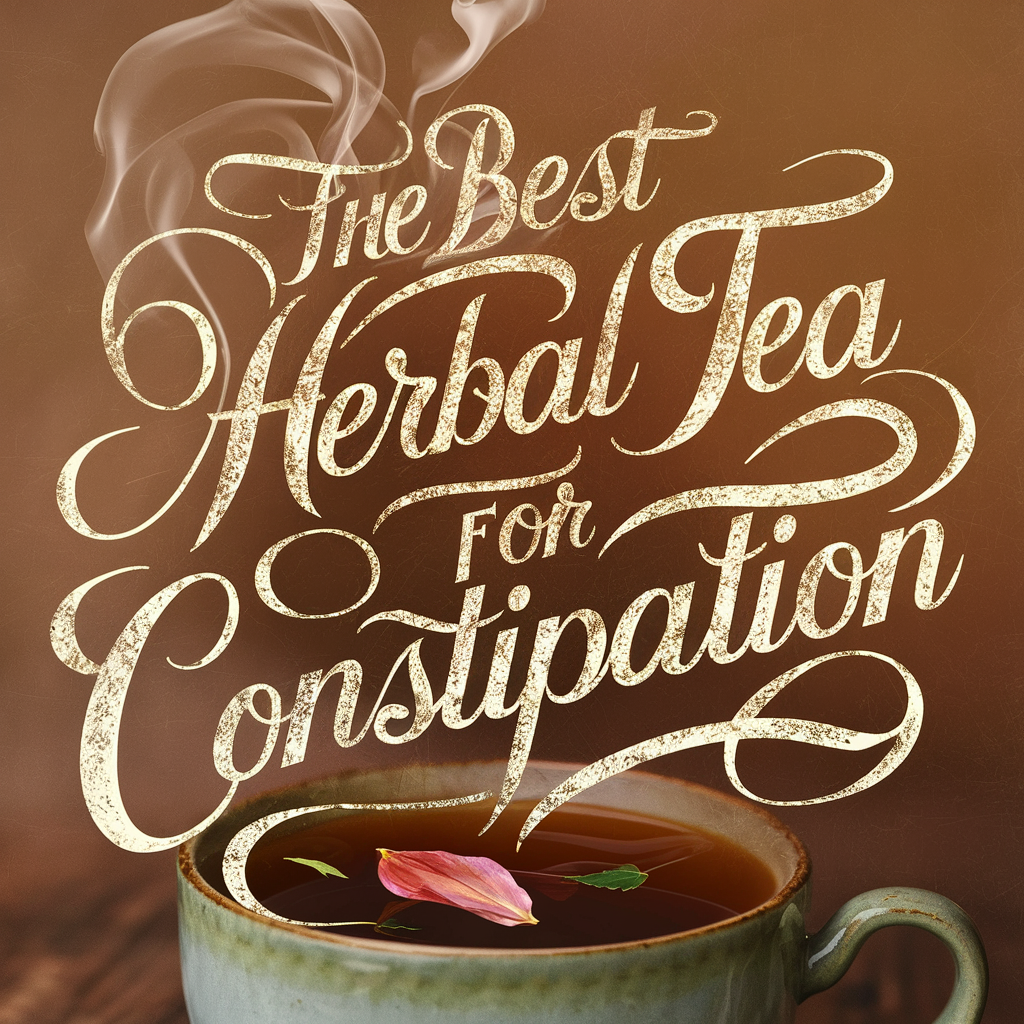
Can pooping trigger anxiety or panic symptoms?
I didn’t expect to feel panicky after using the bathroom—but it happened. That weird tight chest feeling, the racing thoughts, the nausea… it kicked in out of nowhere. For me, it was part of the gut-brain connection, which I’d totally underestimated.
How anxiety can sneak in after a bowel movement:
- Hyper-awareness of symptoms
If your stomach already feels “off,” you might become more aware of every twinge, which can make things worse. - Vagus nerve overload (again)
It plays a role in both digestion and the nervous system. If it gets overstimulated, it can trigger a mini stress response—fast heartbeat, chills, or anxiety-like feelings. - Cortisol release
Stress and gut issues often go hand in hand. Your body may release cortisol during or after a bowel movement, especially if your gut is already inflamed. - IBS + anxiety loop
IBS and anxiety often feed off each other. Bathroom trips can be emotionally exhausting, especially if you feel like you’re always dealing with pain or urgency.
What helped me most was realizing I wasn’t imagining it—my body and brain were reacting to real physical stress.Why Does My Stomach Hurt When I Wake Up? was the first article I read that connected those dots for me and reminded me that gut problems aren’t just physical—they’re emotional, too.

Could this be IBS, and what type?
If you’re like me and your gut’s been acting weird for years, you’ve probably wondered if it’s more than just “sensitive stomach” stuff. For a while, I chalked everything up to stress or eating too fast—until I learned about IBS (Irritable Bowel Syndrome). Suddenly, everything clicked.
Types of IBS that can cause post-poop issues:
- IBS-D (diarrhea-predominant)
You might feel cramping or urgency before going, then weak, shaky, or uncomfortable right after. Your gut muscles can stay tense long after the bathroom trip is over. - IBS-C (constipation-predominant)
Straining to go, bloating, and hard stools make post-bowel movement pain pretty common. The pressure can leave your gut sore or spasming afterward. - IBS-M (mixed type)
This one’s tricky—your symptoms bounce between diarrhea and constipation. For me, this was my reality for years. It’s unpredictable and makes post-poop pain super inconsistent.
IBS isn’t just about what comes out—it’s about how your gut behaves before, during, and after. If you think you’re somewhere in the middle (like I was), IBS-M Relief: Balancing Constipation and Diarrhea Daily is a great breakdown of how to manage it without losing your mind.

What causes pain after a bowel movement but no diarrhea?
When we think of gut pain, we usually blame diarrhea. But what if your stool is normal—or even firm—and you still get pain after pooping?
That was me. Everything looked “fine” on the outside, but I still had cramps, sharp aches, and even tailbone pressure right after going. Here’s what I learned.
Common non-diarrhea causes of post-poop pain:
- Hemorrhoids
Swollen veins can get irritated during a bowel movement, even if you’re not straining. They can leave behind burning, itching, or aching. - Anal fissures
Small tears in the skin from dry stools or straining can lead to sharp pain right after pooping. - Pelvic floor dysfunction
If the muscles around your rectum don’t relax properly, it can lead to pressure and pain, even if your bowel movement felt complete. - Rectal inflammation or irritation
If your gut lining is already sensitive, the act of pooping can leave it feeling raw or tender for a while after.
If any of this sounds familiar (and if sitting down after going is uncomfortable), check out Effective Natural Remedies for Hemorrhoids You Can Try at Home. I found a few simple things there that made a bigger difference than I expected—especially with soothing the after-effects.
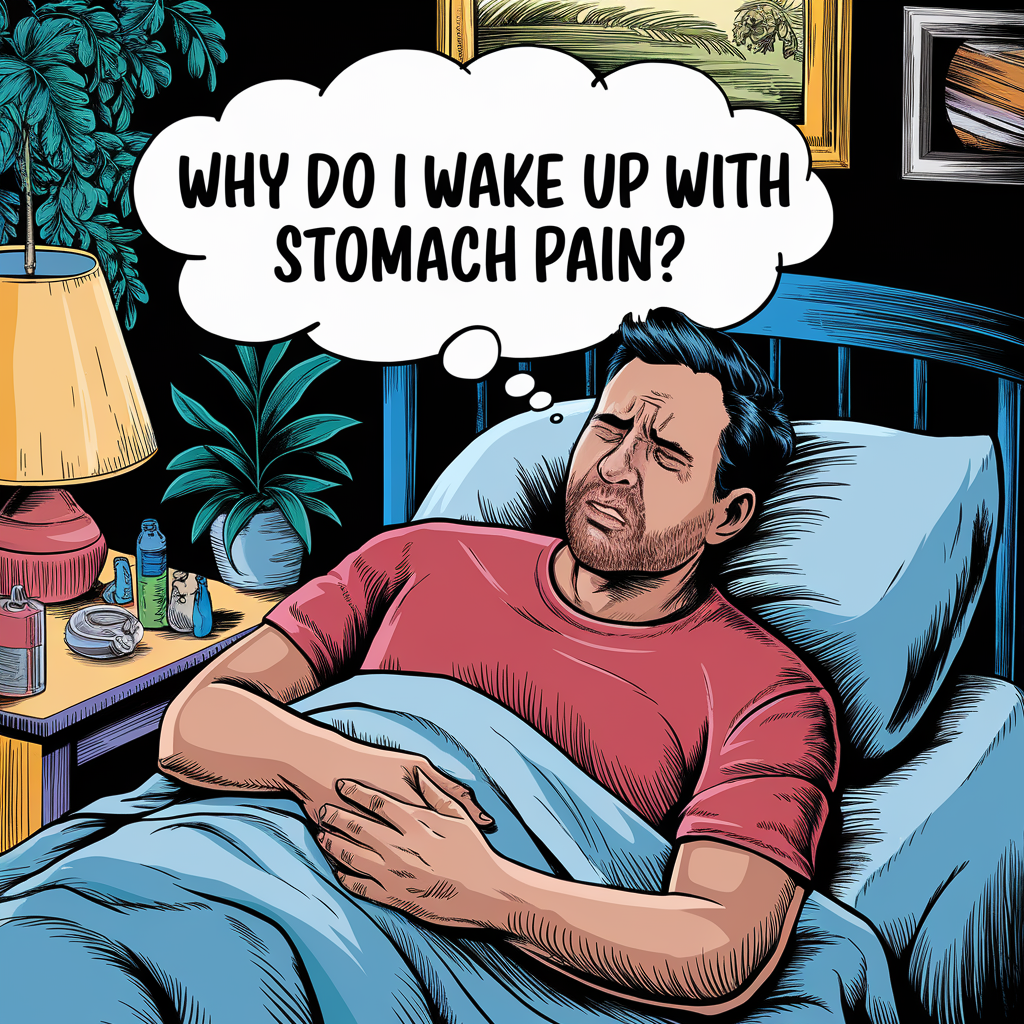
Foods or habits that might make it worse
I started noticing a pattern: what I ate and how I acted before pooping totally changed how I felt afterward.Sometimes the pain wasn’t just about the bowel movement—it was everything leading up to it.
Common triggers that made it worse for me:
- Greasy or spicy foods
These seemed to irritate my gut and led to post-poop burning or bloating. - Too much caffeine
Coffee on an empty stomach? Yeah… no. It sped things up and left me feeling shaky and crampy afterward. - Dehydration
Not drinking enough water made my stool harder, which made pooping more difficult—and painful afterward. - Eating too fast
I had to slow down at meals. Rushing through food left me bloated and uncomfortable, and my digestion just couldn’t keep up. - Holding it in too long
Waiting too long to go made things worse. The more I held it, the more pressure built up—causing soreness after I finally went.
One thing that helped me make sense of this pattern was learning how food and digestion work together. How to Get Rid of That Heavy Feeling in Your Stomach helped me figure out which foods to back off of when my gut already felt off.
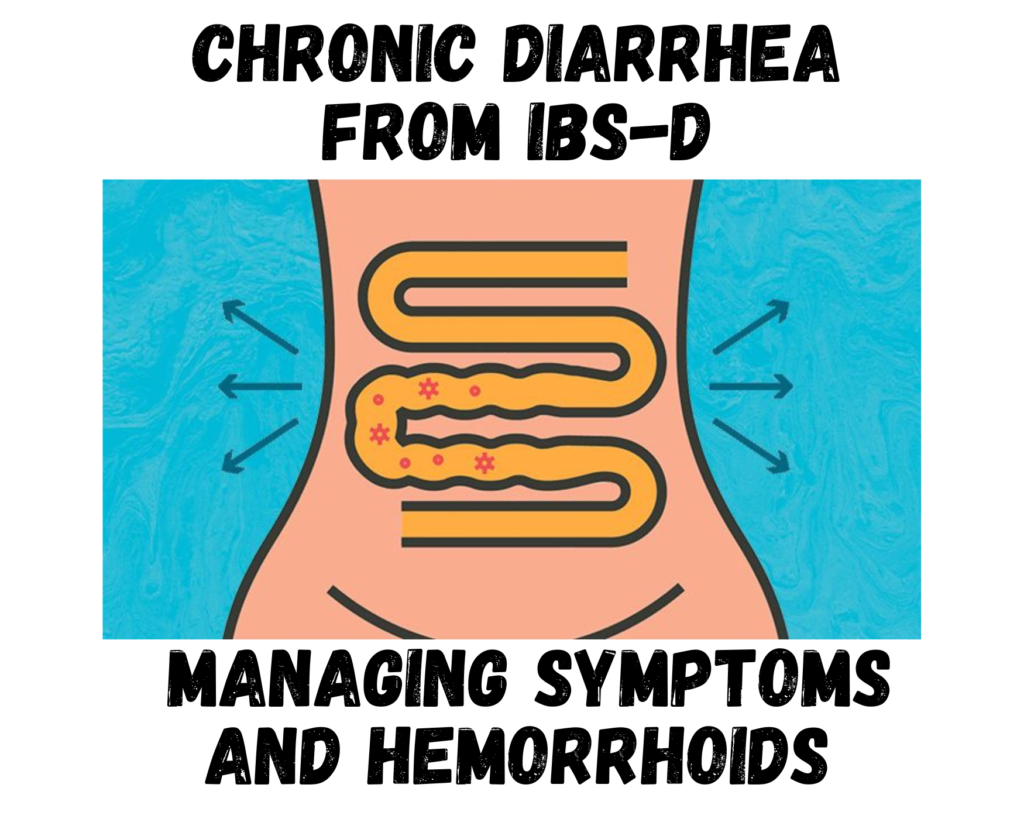
What helped me personally feel better after pooping
It took a lot of trial and error, but I finally found a few things that helped ease that uncomfortable, crampy feeling after pooping. It’s not about doing everything perfectly—it’s just about figuring out what your gut actually likes.
My go-to post-poop relief tricks:
- Drinking warm water or tea
Warm liquids helped settle my stomach and soothe that tight, crampy feeling. Peppermint or ginger tea worked best for me. - A gentle walk
Getting up and moving—just around the house—helped things settle naturally without making me feel worse. - Warm compress on my belly
A simple heating pad worked wonders when my gut felt tense or sore after using the bathroom. - Not rushing off
I used to get up too quickly. Now I take a moment to breathe, sit upright, and let my body reset.
If you want a gentle way to calm things down naturally, The Best Herbal Tea for Constipation is worth checking out. I didn’t expect much from tea at first, but now it’s part of my regular gut-soothing routine.
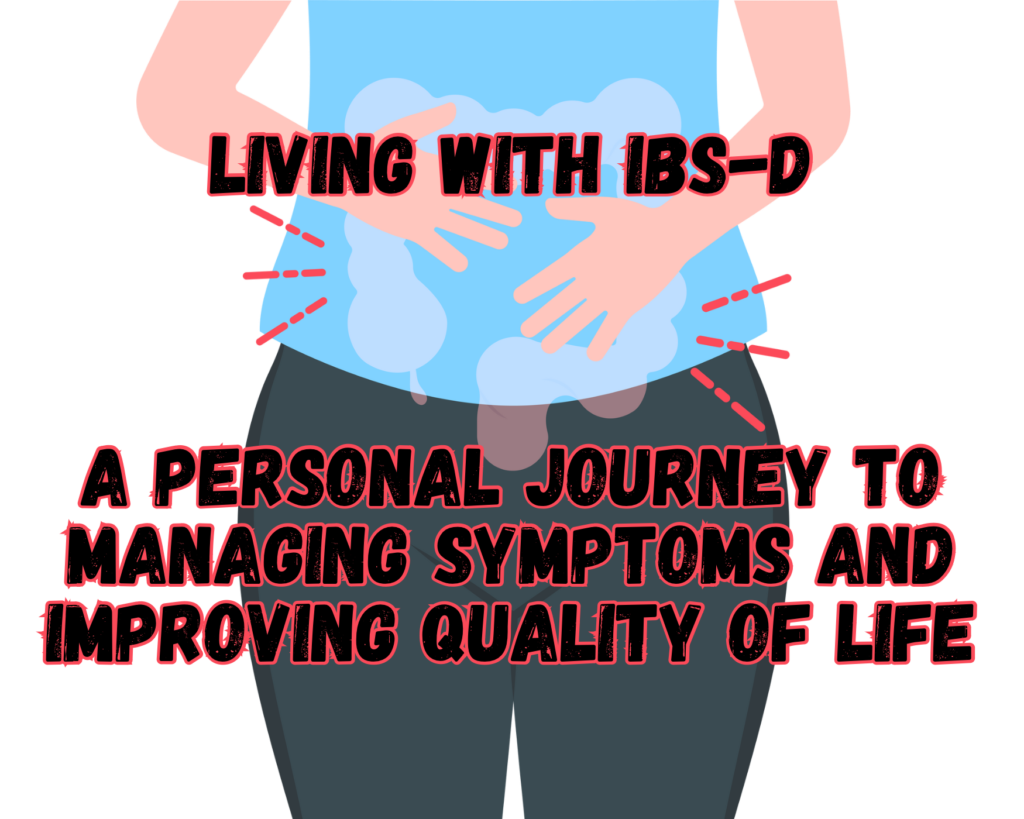
When to talk to a doctor about post-poop pain
I waited way too long to ask for help. I thought I was just being dramatic—but if you’re consistently asking why does my stomach feel worse after I poop, it might be time to get it checked out.
Red flags you shouldn’t ignore:
- Ongoing pain that doesn’t improve
If it’s happening often and nothing helps, it’s worth a real conversation with your doctor. - Visible blood in stool or toilet paper
Could be hemorrhoids—or something that needs attention like a fissure or inflammation. - Sudden weight loss or change in bathroom habits
Big shifts might mean something deeper is going on in your gut. - Fever, chills, or vomiting after pooping
That’s your body saying something’s off.
If your symptoms are part of a bigger gut struggle like IBS-D, this guide helped me a ton: Chronic Diarrhea from IBS-D: Managing Symptoms and Hemorrhoids. It’s all connected—and your gut deserves some answers, not just quick fixes.

As an Amazon Associate we earn from qualifying purchases through some links in our articles.



